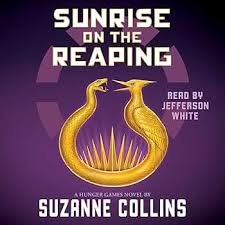David Mitchell: A Deep Dive into His Literary World
Introduction
David Mitchell has established himself as one of the most intriguing literary voices in contemporary fiction. Best known for novels such as ‘Cloud Atlas’ and ‘The Bone Clocks’, Mitchell’s storytelling weaves together complex themes, rich character development, and intricate narrative structures. His works have not only garnered critical acclaim but have also resonated deeply with readers around the globe. This article explores the significance of Mitchell’s contributions to literature, highlighting key events and his influence on contemporary writing.
Early Life and Career
Born on January 12, 1969, in Southport, England, David Mitchell grew up in a family where storytelling played a pivotal role. After studying English and American literature at the University of Kent, he moved to Japan, where he taught English and began to write. This period influenced much of his storytelling, leading to the creation of his debut novel, ‘Ghostwritten’, published in 1999. The book, which consists of interconnected stories spanning multiple countries and characters, showcases Mitchell’s signature narrative style.
Critical Acclaim
Mitchell’s novels often challenge conventional storytelling through their unique structures and profound themes. His breakthrough came with ‘Cloud Atlas’ (2004), which was later adapted into a major film. The book is a complex narrative composed of six interlinked stories spanning centuries and genres, exploring the interconnectedness of human existence. This work received numerous awards, including the Richard & Judy Book of the Year and the Southbank Sky Arts Award.
Recent Works and Themes
In recent years, Mitchell has continued to captivate audiences with works such as ‘The Bone Clocks’ (2014) and ‘Utopia Avenue’ (2020), which delve into topics such as time, identity, and the metaphysical aspects of life. These novels further illustrate his ability to blend speculative fiction with literary depth, prompting readers to question the nature of reality. His writings often include elements of magical realism and focus on the struggles of individuals against societal constraints, making his work not only thought-provoking but also highly relatable.
Conclusion
David Mitchell remains a central figure in the landscape of contemporary literature. His distinctive narrative techniques and exploration of profound human experiences make his works a staple for readers and critics alike. As he continues to write and receive accolades, Mitchell’s literature invites speculation about the future of storytelling in an ever-evolving literary world. Readers can expect more innovative narratives as Mitchell expands his literary footprint, solidifying his status as a leading author of our time.









